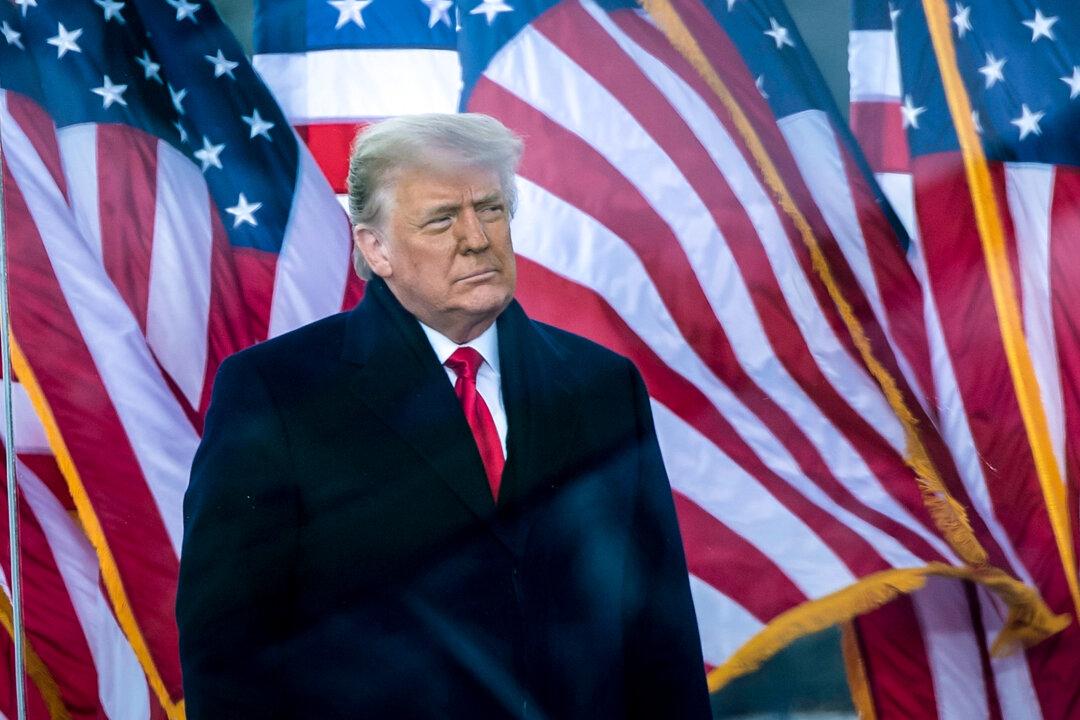President Donald Trump issued an executive order on Monday that aims to protect Americans from “overcriminalization” by regulations.
The order seeks to make the consequences of violating certain regulations more transparent as a safeguard against unwarranted criminal punishment for unintentional regulatory violations.





